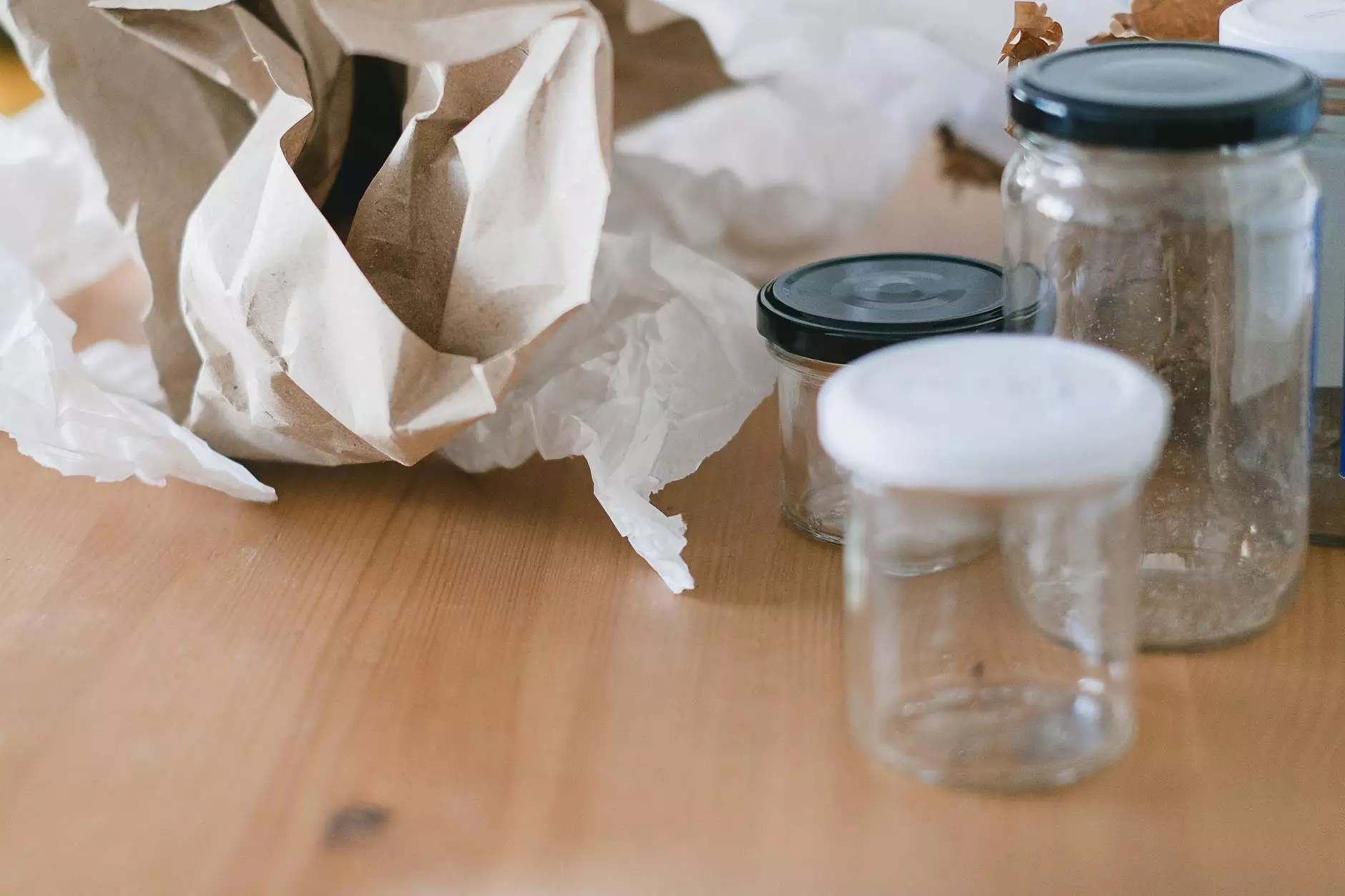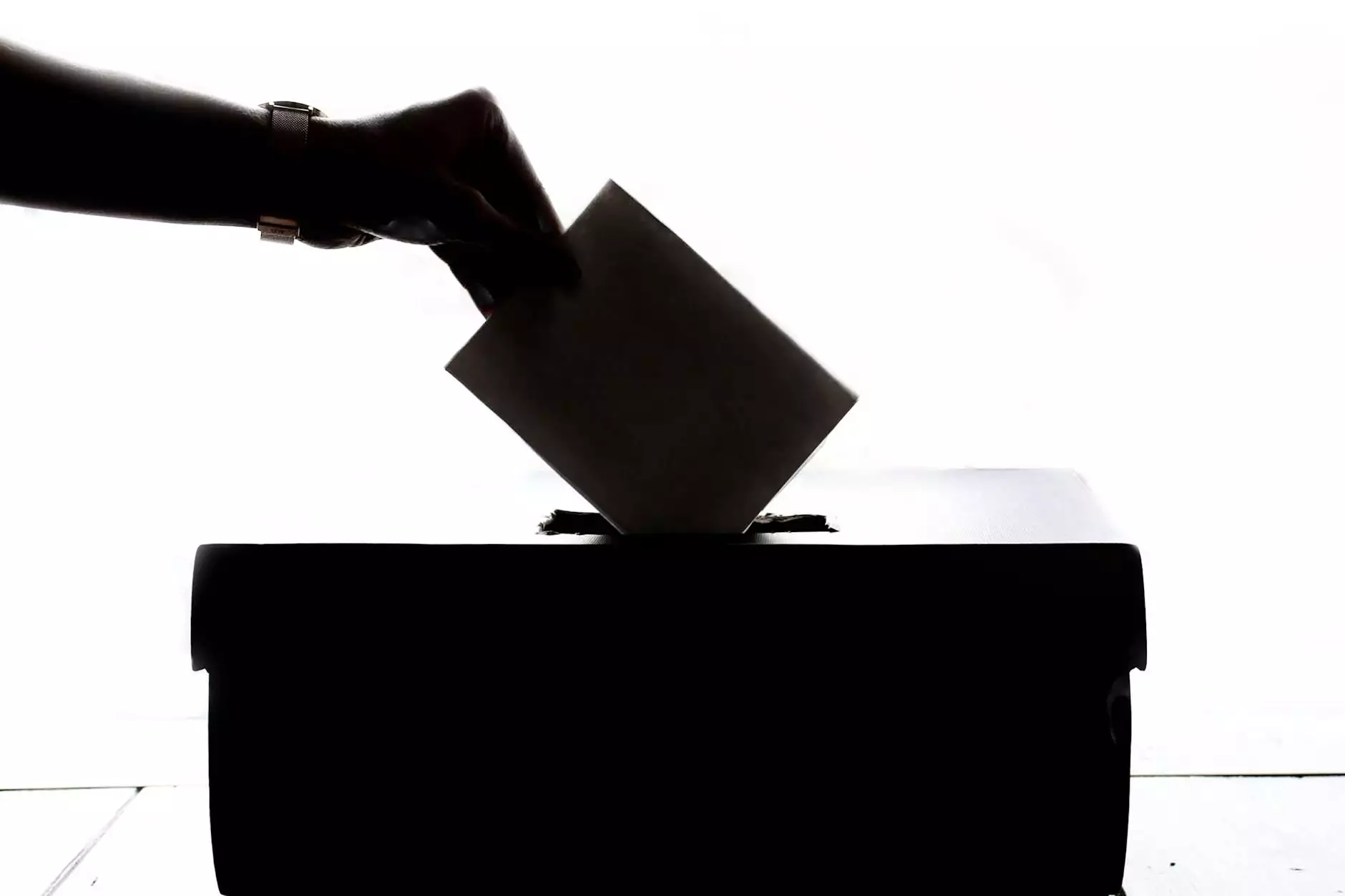Clutter may seem harmless, but is it really?
Blogs
Welcome to the page dedicated to exploring the relationship between clutter and our mental health. Here at Cynthia Cunningham, MFT, we understand the significance of maintaining a clutter-free environment for your overall well-being. In this article, we will delve into the potential harmful effects of clutter and provide valuable insights and tips to help you overcome it.
The Impact of Clutter on Mental Health
Clutter might appear innocuous at first, but it can have profound consequences for mental health. Research indicates a strong correlation between clutter and increased stress levels, anxiety, and even depression. When surrounded by a chaotic physical space, our minds tend to mirror the disarray, leading to feelings of overwhelm and exhaustion.
One of the primary reasons clutter negatively impacts mental health is its undeniable influence on cognitive functioning. Clutter creates a distraction-filled environment, making it difficult to focus and concentrate on tasks. The constant visual stimuli can overload our brains, causing mental fatigue and decreased productivity.
Beyond cognitive effects, clutter can also affect our emotional well-being. Studies suggest that individuals living in cluttered environments may experience heightened levels of shame and embarrassment. This emotional burden further exacerbates feelings of self-doubt and can negatively impact self-esteem and self-confidence.
Identifying the Signs of Harmful Clutter
While clutter affects individuals differently, there are common signs that indicate clutter may indeed be harmful to your well-being. If you find yourself experiencing any of the following, it may be time to assess your clutter situation:
- Feeling overwhelmed by the amount of stuff in your living or working space
- Difficulty finding or retrieving important items due to clutter
- Constantly feeling anxious or stressed in your environment
- Experiencing guilt or shame about the state of your space
- Struggling to relax or focus due to visual distractions
Overcoming Clutter: Tips and Strategies
Now that we understand the potential harm clutter can cause, let's explore practical steps to help you declutter and regain your mental well-being:
1. Start Small, One Area at a Time
Overwhelm is a common barrier when tackling clutter. Begin by selecting a small area, such as a single drawer or a corner of a room, and dedicate a specific time to declutter. Breaking the task into manageable chunks will make it feel less daunting and more achievable.
2. Sort and Categorize
As you declutter, create clear categories for your belongings. Sort them into "keep," "donate/sell," and "discard" piles. This process helps you evaluate the true value and importance of each item, making it easier to let go of unnecessary clutter.
3. Develop an Organizational System
Once you have decluttered, establish an organizational system that works for you. Consider using storage solutions, such as bins, shelves, or labeled containers, to maintain order. Having designated spaces for your belongings reduces the likelihood of future clutter accumulation.
4. Adopt a Daily Decluttering Habit
Maintaining a clutter-free environment requires consistent effort. Implement a daily decluttering habit, even if it's just dedicating a few minutes each day to tidying up. Small, regular actions can prevent clutter from accumulating and becoming overwhelming again.
5. Seek Support
Decluttering can be emotionally challenging, especially if you have attachments to certain items. Consider seeking support from friends, family, or even professional organizers or therapists who specialize in clutter management. They can provide guidance, accountability, and emotional support throughout the process.
Conclusion
In conclusion, clutter may initially seem harmless, but its detrimental impact on our mental health should not be underestimated. By understanding the connection between clutter and mental well-being, we can take proactive steps to create a more organized and peaceful living environment. Remember, the journey towards a clutter-free life may take time and effort, but the benefits to your mental health are truly invaluable.
For further assistance with decluttering and managing your mental well-being, contact Cynthia Cunningham, MFT. We are dedicated to supporting individuals on their path to a healthier and happier life.




